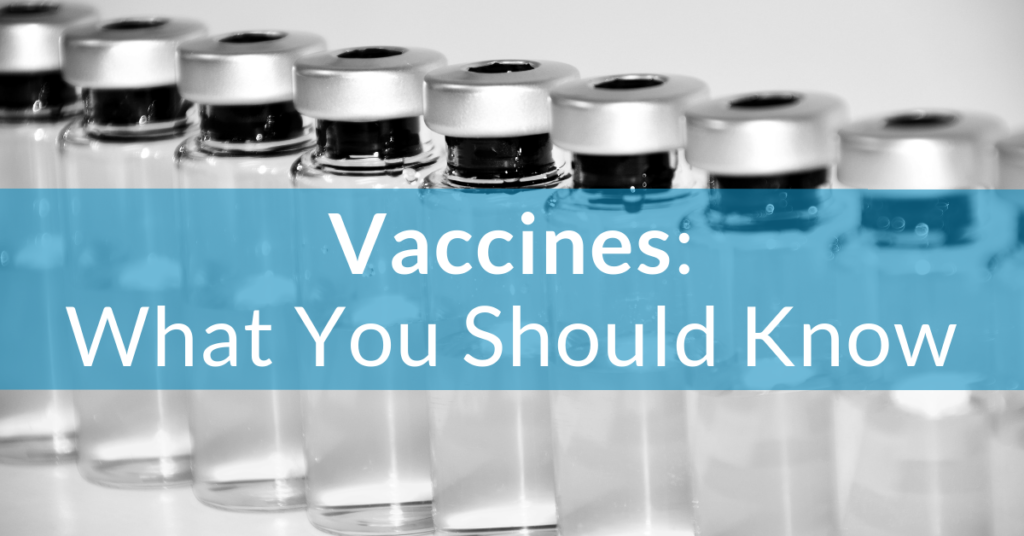
1. Vaccine Ingredients:
MMR vaccines contain DNA fragments from WI-38 and MRC-5 cell strains, which are derived from aborted human fetal tissue. Monkey and dog kidney cells, fetal cow serum, and chicken embryos are used in the manufacture of vaccines. Pig virus DNA has been detected in rotavirus vaccines. Numerous vaccines also contain casein and/or gelatin.
2. Vaccine Doses:
In 1983, U.S. children received 24 doses of vaccines. Today, children are recommended 70 doses of vaccines.
3. Vaccine Liability:
The 1986 National Childhood Vaccine Injury Act made it so that vaccine manufacturers could no longer be sued for vaccine injuries.
4. Vaccine Injury Compensation:
Since 1988, the National Vaccine Injury Compensation Program has paid over $4 billion for vaccine injuries.
5. Vaccine Adverse Events:
Less than 1% of vaccine adverse events are reported to the Vaccine Adverse Event Reporting System (VAERS).
6. Vaccine Safety Studies:
Other vaccines, or aluminum adjuvant, are routinely used instead of an inert placebo in vaccine safety studies.
7. Scientific Fraud:
William Thompson, a senior CDC scientist, came out as a federal whistleblower stating the CDC omitted and destroyed data showing an association between MMR vaccine and autism in African-American boys.
8. Conflicts of Interest:
The CDC holds dozens of vaccine patents despite being the federal agency that adds vaccines to the recommended schedule.
9. Vaccinated vs Unvaccinated Studies:
The only U.S. study that has been done comparing health outcomes of completely unvaccinated to fully vaccinated children found that fully vaccinated children had a 4-fold increased risk of developing ADHD and Autism Spectrum Disorder (ASD).
10. Informed Consent:
There are potential risks and benefits associated with any medical intervention and vaccines are no exception. Do your research and make an informed decision. Allow others the freedom to do the same.
